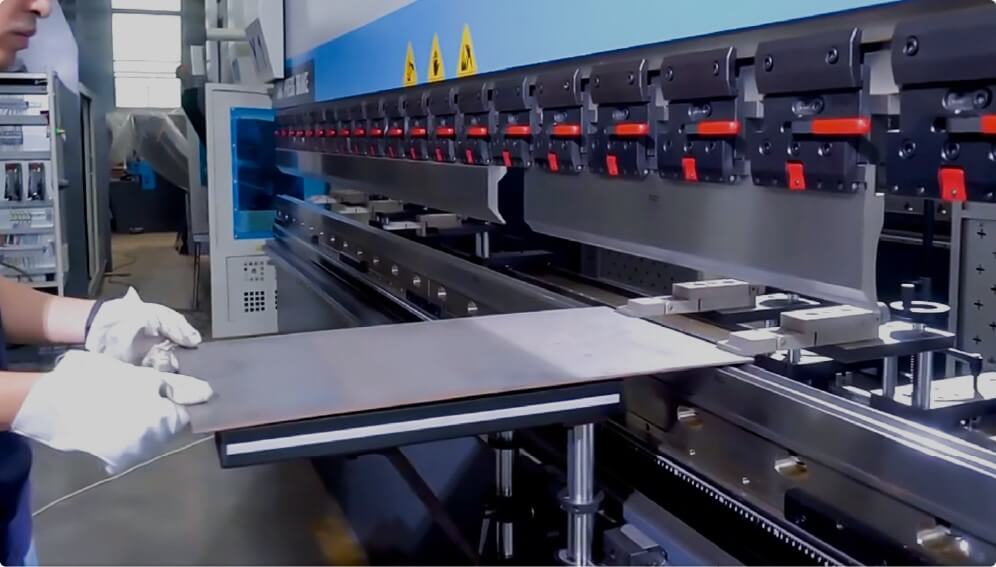Call Us Today!+86 18055583040|admin@zymtcnc.com

Call Us Today!+86 18055583040|admin@zymtcnc.com

If the radiator or cooler of the hydraulic system is covered with dirt and debris, it will greatly affect the heat dissipation effect.
Just like our skin needs to breathe, the dirt on the radiator surface blocks the "pores" of the system, making the heat not transferred to the air effectively. Thus, the hydraulic oil’s temperature will rise.
Different types of hydraulic oil have different working temperature ranges and viscosity properties.
If the improper current working temperature or hydraulic oil required by mechanics is chosen, the oil’s heat stability may be insufficient, and the heat produced by system operation may not be born, resulting in an oil temperature abnormal rise.

If the pressure in the hydraulic system is set over high, it will cause various components in the system to bear the pressure over the design standard.
This not only increases the power consumption but also makes the oil temperature increase due to the over-large pressure.
At the same time, improper setting of the pressure will accelerate the mechanics wearing, indirectly resulting in the rise of the oil temperature.
The oil supply of the hydraulic pump is insufficient, this is also called the “hungry phenomenon”, making the pump interior generate cavitation. This will not only cause vibration and noises in the hydraulic system but also add friction heat inside the system, thus the oil temperature will rise.
If the interior of the hydraulic system exists leaking, the oil will form a vortex in low pressure area.
This unnecessary power transmission will be transformed into thermal energy, causing the oil temperature to rise.
The leaking is not only the reason for the rise of hydraulic oil but also the potential risk of decreasing system efficiency.
Due to long-term running, the various components interior the hydraulic equipment will gradually generate wear.
This abrasiveness will cause the expansion of intervals in hydraulic components, resulting in more interior friction when the oil flows.
Thus, more heat will be generated. The abrasive components will probably cause leaking.